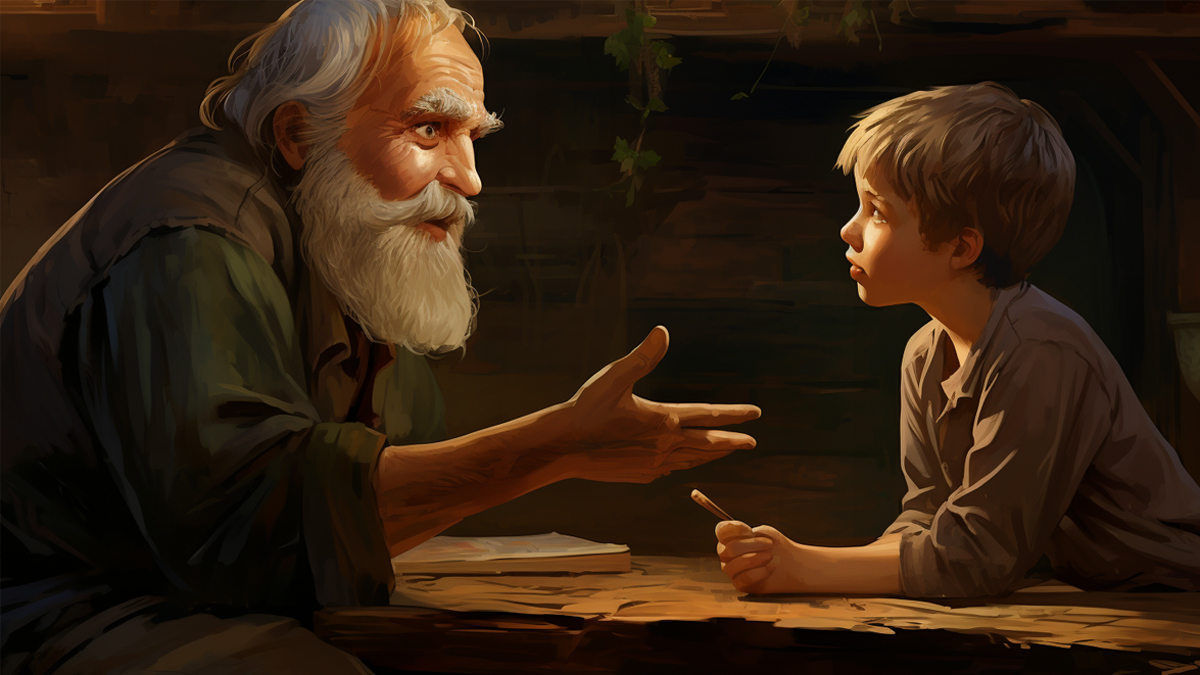Knoll discusses her personal breast cancer story.
Monica Knoll: I was 36 years old when I was diagnosed with breast cancer. I was new to New York City. I’d lived here for about a year and a brand new job. I’d only been at a very high-end fitness club for about five months and I was having- just really getting to enjoy the city and enjoying my new job and I was- I felt a lump one night putting lotion on. I pretty much knew what it meant. My sister was diagnosed at age 32 with breast cancer so I knew that I had a high risk being that there was a hereditary option or--
Knowing that the risk was higher having a sister with breast cancer, I knew that there was a chance that I could get it too but it doesn’t prepare you to find out that you’ve got cancer yourself so—
Question: How did your friends and family show their support?
Monica Knoll: They rallied around me and that was the most important thing. I think the-- having their support and their love and knowing that they were there for me and making sure that I was getting the best care-- I think each one made phone calls to find out from their friends and family if they knew of any breast cancer surgeon or doctor that I needed to see and who were the best so everybody picked up the phone and started to call and make-- come up with names for us to make appointments with.
One of my dear friends, Tim, said, “Well, if it’s good news we’re going to get a room at the Ritz and we’ll all celebrate and if it’s bad news we’re going to the Ritz and we’re going to have a lot of drinks.” And so I turned out to be bad news but all my friends rallied and showed up that night. We all had dinner in a room and we made it into this sort of private little party and actually it was- we did this at the Peninsula Hotel, not the Ritz. We couldn’t get in to the Ritz so it was the Peninsula Hotel and it was just kind of a surreal evening.
Question: What were your first steps in seeking treatment?
Monica Knoll: I think for me the most important thing was to find out what it was going to be like instead of waiting for it to happen so whenever I would go to a doctor’s appointment I would ask them if I could speak to a patient in their office that could give me some information about what it was like for them when they were going through that stage of the process.
So for instance I wanted to talk to as many women in the office who had already had their surgery. I wanted to know what it felt like. I ended up having a double mastectomy and I wanted to know what it was going to look like after surgery. I wanted to see what it was going to look like with the-- once the reconstruction was complete so I was prepared, and
I think that helped me tremendously and I tell most women to do the same.
Recorded on: June 5, 2008.





